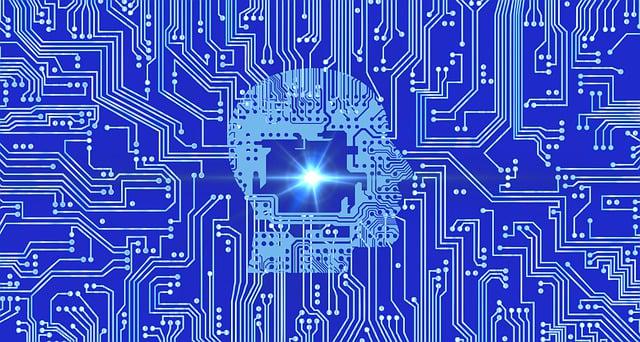Oct. 27 (Bloomberg) -- TheBeijingcityEducationGuide to Artificial Intelligence ApplicationsThe "The Rise and Fall of the World" was released on October 26th.Clarify the application specifications for 29 typical scenarios of AI in 6 key educational fields, and guide schools, teachers and students to carry out application practices in a steady and orderly manner.The two key tasks in the field of artificial intelligence in education have started to be built. Two key tasks in the field of artificial intelligence in education have been launched, so that the new technology can better "understand" education. The guide is also the first guide to the application of artificial intelligence in the field of education commissioned by the Beijing Municipal Education Administration and released.

The Guide specifies six key application areas, such as "smart" teaching, "smart" learning, "smart" assessment, "smart" education, "smart" research, "smart" management, etc. It comprehensively covers all key application aspects of AI in school education. The six key application areas of "smart" teaching, "smart" learning, "smart" assessment, "smart" education, "smart" research, and "smart" management comprehensively cover all the key application levels of AI in school education. Guidelines and specifications are proposed for 29 typical scenarios in the six key application areas to ensure that AI technology plays a full role in all aspects of teaching, management, and research, and to provide educators with a clear operational framework to make complex technology applications easy to practice.
AI learning companions assist in planning learning paths, language learning assistants help improve speaking and listening skills, use artificial intelligence to provide personalized learning tutoring, and VR simulation to simulate an immersive learning experience....... In terms of assisting learning with "intelligence", the Guide emphasizes that Schools should focus on the concept of "student-centeredness" and actively use AI technology to assist students in personalized learning, research and practice, and promote students' independent learning ability and exploratory and innovative thinking in different learning environments.
In terms of artificial intelligence technology-enabled teaching, the Guide proposes that schools can provide teachers with intelligent teaching assistants, carry out practical exploration in intelligent curriculum design, intelligent lesson planning, personalized teaching, intelligent classroom management, intelligent teaching analysis, intelligent homework review, intelligent tutoring and answering of questions, intelligent analysis of the learning situation and other application scenarios to improve the quality of education and teaching and to achieve the quality of the work of teachers to increase efficiency and reduce the burden.
The Guide also directs schools to use artificial intelligence to build a diversified evaluation system for teachers and students; actively using AI technology to carry out practical exploration in intelligent reading, intelligent physical training, intelligent aesthetic education, personalized psychological support, etc.; actively constructing a new type of intelligent teaching and research ecology with the help of AI; and realizing multi-modal, panoramic, and dynamic intelligent management of the campus with the use of AI.
At the same time, the Guide makes normative requirements for the application of artificial intelligence in the field of education, advocates the application of the concept of "people-oriented", fully grasps the development trend of artificial intelligence, is based on the all-round development of students, and is used in a prudent, inclusive, safe and standardized manner. It emphasizes the strict protection of personal privacy and sensitive information. Minors should use generative AI in moderation with the permission and guidance of teachers or parents. General education on artificial intelligence is being strengthened, and colleges and universities are being encouraged to explore the use of digital humans, intelligent bodies and other artificial intelligence technologies to offer relevant courses.
The Beijing Municipal Commission of Education and other four departments also recently released the Beijing Municipal Work Program for the Application of Artificial Intelligence in the Field of Education, making it clear that by 2025, the city will complete the construction of the pilot application of artificial intelligence in the field of education, and the application of artificial intelligence in large, medium and small schools will be generally carried out; and that by 2027, the city will basically take shape as a pattern of scaled-up, systematic, and normalized application of artificial intelligence in the field of education.